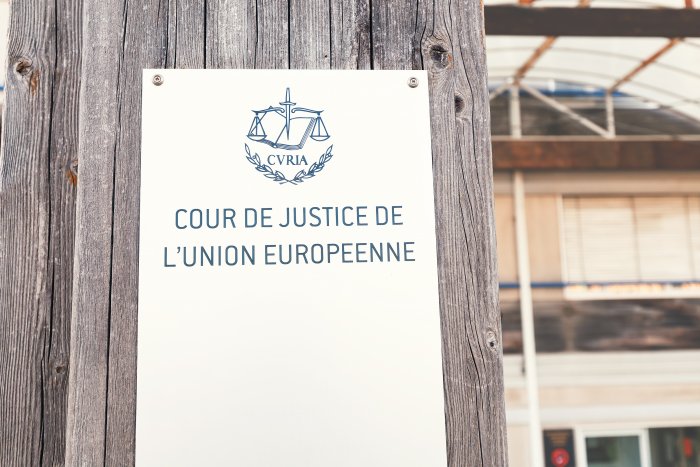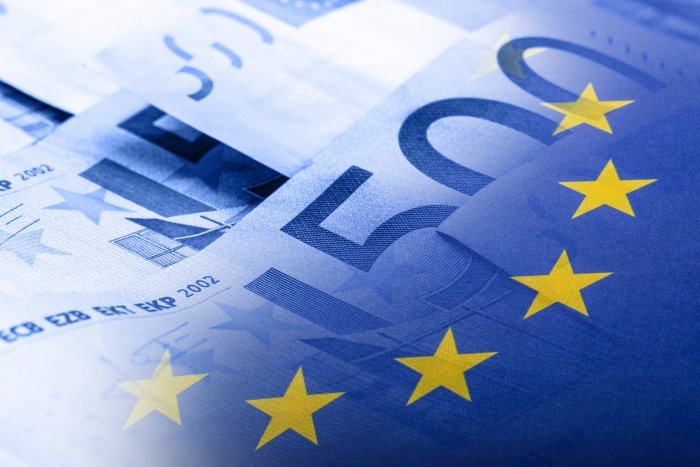Confidence in the European Union close to pre-recession levels

The latest Eurobarometer shows that the majority of European citizens regard the EU as a positive thing. More than half of Hungarians would like to see deeper integration, a fact perhaps hinted at by the pro-EU, anti-Russia march through Budapest on May 1.
According to a recent Eurobarometer survey, the idea that belonging to the EU is good has risen significantly, and is nearly back to its pre-crisis level, last seen in 2007.
Citizens are, more than in the past, interested in European politics and the feeling that their voices count at EU level is on the rise, although it has not reached a clear majority. By comparison, six Europeans out of every ten consider that their voice counts in their own country, which is 10 percentage points more than in 2016.
According to the respondents, the EU still has some work to do to demonstrate that democracy is operating well within it. Just under 50% express this feeling, while just over half take this view when it comes to how democracy is working in their own country.
Europeans are deeply worried by the latest global geopolitical developments. In the face of these uncertainties, most are in favor of a common EU approach to addressing them. The very strong calls for more action by the EU in 15 key policy areas bear witness to this. And, in comparison with last year’s results, the proportion of those believing that EU action is adequate has risen markedly in most of the fields surveyed, possibly demonstrating that respondents are becoming increasingly aware that the EU is acting on their behalf.
Hungarians overall are a less enthusiastic about the European Union than the EU-28 average. Whereas 57% of EU citizens think the EU is a good thing, only 48% Hungarians agree with that statement. On the other hand, 42% of Hungarians believe it is neither good, nor bad. By contrast, that neutral position is taken by mere 26% of respondents of the EU-28.
Furthermore, more than half of Hungarians would speed up integration between member states and a predominantly high portion of them agree that the EU works democratically. By contrast, they have the impression that they are more dependent on Russia than respondents in other EU states. As far as economic outlook is concerned, Hungarians believe that growth has returned and so has positive progress.
Finally, despite these encouraging developments, the overwhelming majority of Europeans say that inequalities between social classes are significant, and a third of them doubt that this crisis will be over for many years.
SUPPORT THE BUDAPEST BUSINESS JOURNAL
Producing journalism that is worthy of the name is a costly business. For 27 years, the publishers, editors and reporters of the Budapest Business Journal have striven to bring you business news that works, information that you can trust, that is factual, accurate and presented without fear or favor.
Newspaper organizations across the globe have struggled to find a business model that allows them to continue to excel, without compromising their ability to perform. Most recently, some have experimented with the idea of involving their most important stakeholders, their readers.
We would like to offer that same opportunity to our readers. We would like to invite you to help us deliver the quality business journalism you require. Hit our Support the BBJ button and you can choose the how much and how often you send us your contributions.









